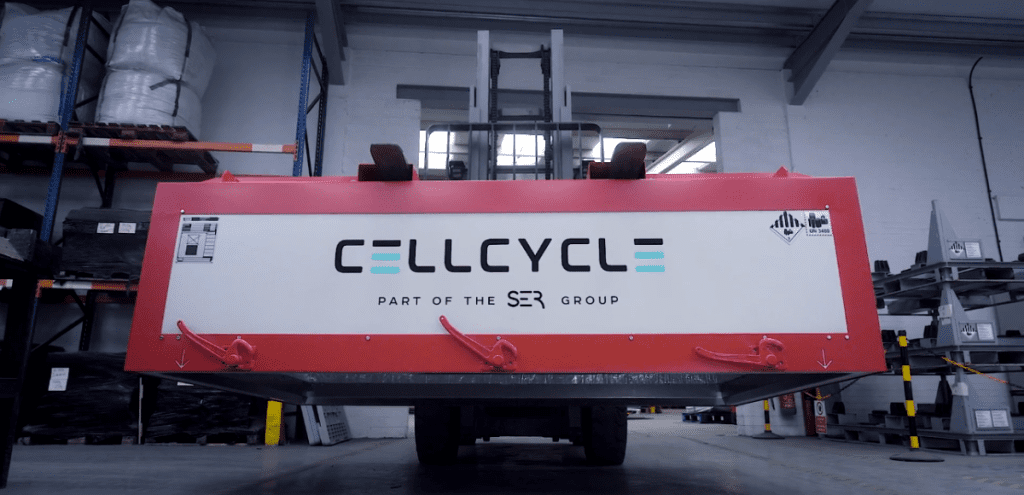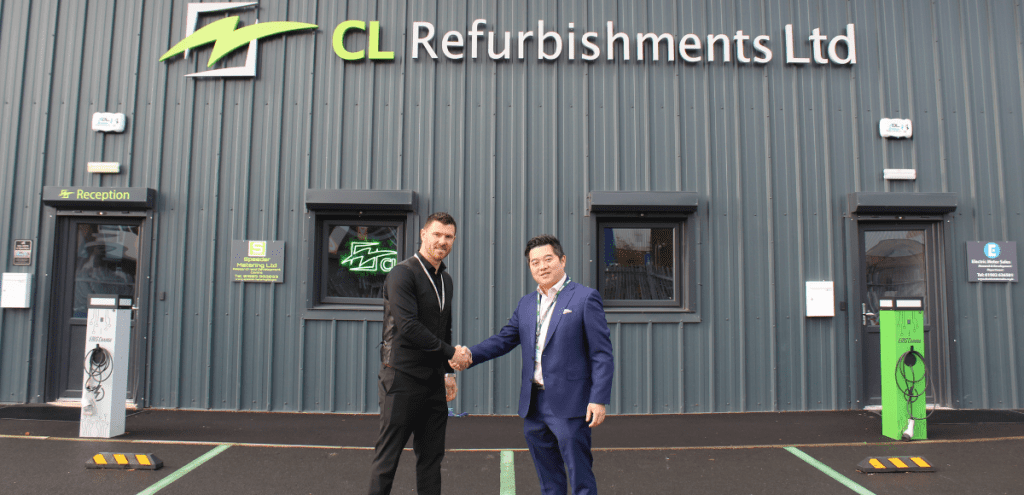Lithium battery recycling is a critical pillar in the journey toward net-zero emissions. Across energy, transportation, and industry, recycling lithium batteries reduces emissions, minimises waste, and fosters a circular economy. As a Carbon Neutral company, we contribute to these efforts by championing innovative and sustainable recycling practices that redefine how batteries support a decarbonised future.
How Lithium Battery Recycling Drives Decarbonisation
Reducing Carbon Emissions During Raw Material Extraction
Mining for materials like lithium, cobalt, and nickel is resource-intensive and environmentally damaging. Recycling offers a sustainable alternative by recovering these critical materials from used batteries. Advanced techniques like hydrometallurgy significantly reduce energy use and emissions compared to traditional mining, ensuring a steady material supply while lowering the carbon footprint of battery production.
Supporting Renewable Energy Growth
Recycled batteries are increasingly repurposed for energy storage systems (ESS), vital for capturing and distributing renewable energy. By extending battery lifespans, our recycling processes enhance the integration of solar and wind power, reducing dependency on fossil fuels in the utility sector and accelerating the transition to a greener energy landscape.
Decarbonising Transportation
Electric vehicles (EVs) are central to reducing transportation emissions, but their batteries can offset environmental gains if not sustainably managed. Our recycling efforts ensure a reliable supply of materials like lithium and cobalt, reducing reliance on imports and emissions across the EV supply chain. This closed-loop system bolsters the sustainability of EV production.
Boosting Industrial Sustainability
Battery-powered equipment in industrial applications, from forklifts to automated systems, benefits from our recycling innovations. Reclaiming materials reduces waste and helps businesses meet environmental standards, creating greener and more efficient industrial operations.
Our Lithium Battery Recycling Process: A Catalyst for Decarbonisation
Lithium battery recycling involves several key steps designed to maximise material recovery and minimise environmental impact:
Collection and Sorting: We collect, and sort used batteries by type to optimise recovery and prevent contamination.
Discharge and Dismantling: Our processes safely discharge and dismantle batteries, separating components like cathodes, anodes, and casings.
Material Recovery: We specialise in recovering high-purity metals from all types of lithium batteries, ensuring that valuable resources are reused efficiently. Our advanced processes include precise discharging, triaging, and dismantling of batteries to optimise material recovery.
The UK’s Largest Recycling Network: We have established the largest refining network globally, partnering with over 18 government-approved recycling routes through our refinery partners to ensure maximum recovery and sustainability.
Purification and Reuse: By refining recovered materials to the highest standards, we contribute to the production of new batteries and the development of more sustainable technologies, effectively closing the recycling loop.
This streamlined process reduces landfill waste and significantly cuts emissions compared to manufacturing new batteries from raw materials.
Conclusion
Lithium battery recycling is more than an environmental necessity; it is a foundation for decarbonising industries and advancing sustainability. By reducing reliance on raw material extraction, enabling renewable energy, and promoting circular practices, recycling paves the way for a greener future. We are proud to be a part of this transformative journey, providing innovative solutions that help the UK achieve its net-zero ambitions.


